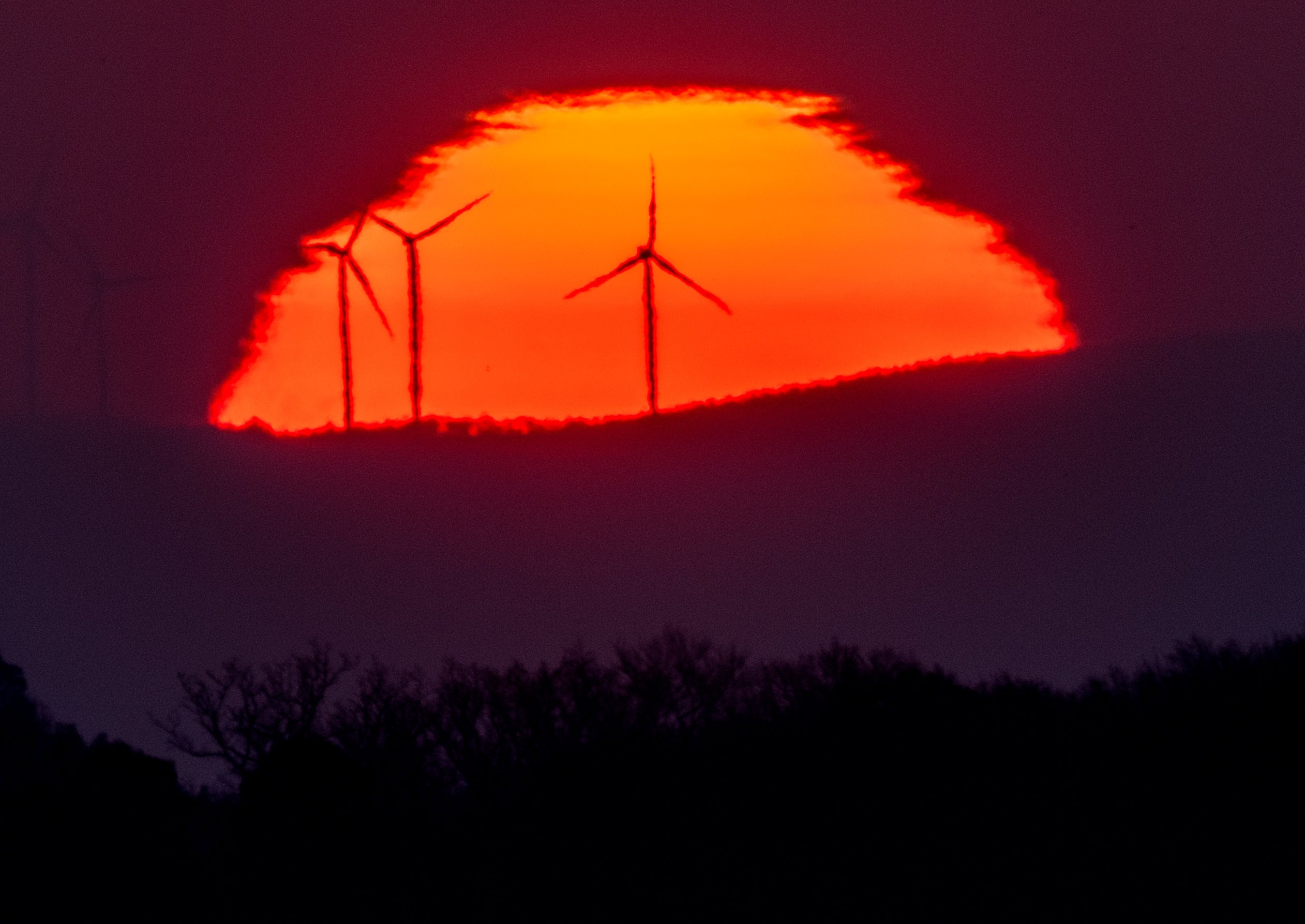Soaring bills, Russian gas, and the climate crisis – the energy strategy fails to address any of these issues
This proposal utterly fails on its own terms: It won’t cut emissions as fast as it could and certainly won’t help those facing terrifying rises to bills, argues Harry Cockburn


The government’s new energy security strategy is a complete shambles.
Faced with a triple-pronged crisis in the form of what to do about Russian gas, soaring energy bills and the climate crisis, the plans unveiled on Thursday will have a minimal impact on any of these major issues.
At the root of the problem is the government’s decision not to listen to experts in relevant fields. As a result, the government has categorically failed to take the simple, cost-effective course of action which could have addressed all three issues: to invest significantly in energy efficiency in order to help the UK stop squandering the energy we are already using.
Time and time again in recent weeks scientists have banged the same drum, repeating one great thumping message – insulation and heat pumps.
These considerations were scarcely mentioned in the strategy.
Instead, the very same week the UN has warned the world must embark upon a historic wind-down of all fossil fuel extraction projects within the next three years, the government has instead cleared a path to new fossil fuel projects potentially all the way to 2050 (new North Sea projects have an average lead time of 28 years).
The government has left the door open to more fracking, and the strategy also focuses on nuclear power – the most expensive form of power generation possible – which could add over £80 a year to household fuel bills, and take decades to build.
Pathetic levels of government support have been allocated to renewables, which have become key sources of UK power despite the UK government’s actions, and certainly not because of them.
As a result, the government’s energy strategy utterly fails on its own terms: It won’t cut emissions as fast as it could and certainly won’t help those facing terrifying rises to bills.
What’s more, at almost every stage, it locks-in further climate-altering greenhouse gas emissions. For example, instead of pursuing "green hydrogen" made using renewable energy, the strategy explicitly states it will also pursue "blue hydrogen" made using gas, and which scientists have repeatedly warned will mean longer dependency on gas.
As well as the outrage at the policies coming from environment and campaigning organisations such as Greenpeace, WWF and the Green Party, it is notable how angry scientists have been made by the announcements.
They have described the strategy as "defined by incoherence", said that it "takes the UK backwards", is just "half a strategy", and that they found it "inadequate", and "uninspiring".
Bridget Woodman, an energy policy expert at the University of Exeter, said: “Energy policy is commonly seen as having three goals – ensuring a secure supply, delivering affordable energy and reducing our emissions of carbon dioxide in the face of climate change. The energy strategy fails on all three counts.
“Exploiting new fossil fuel sources, whether in the North Sea or from fracking, is environmental madness if we want to meet our commitment to have net zero emissions by 2050."
“The cheapest way of delivering lower emissions, while also ensuring a reduction in bills and carbon emissions, is to invest in energy efficiency. The repeated failure to come up with meaningful measures to help people reduce their energy demand and their bills is a huge failure of public policy.”
Think tank E3G’s Ed Matthew summed up the strategy as "a national security threat and the person who will be happiest with it is Vladimir Putin".
It is hard to disagree with that analysis – in the short term at least.






Join our commenting forum
Join thought-provoking conversations, follow other Independent readers and see their replies
Comments